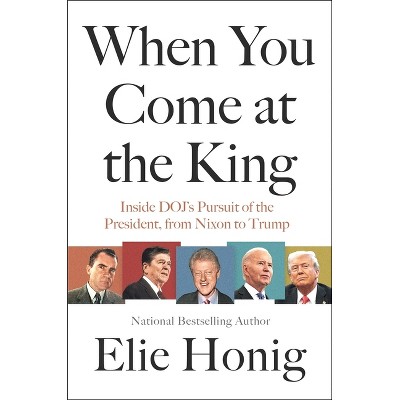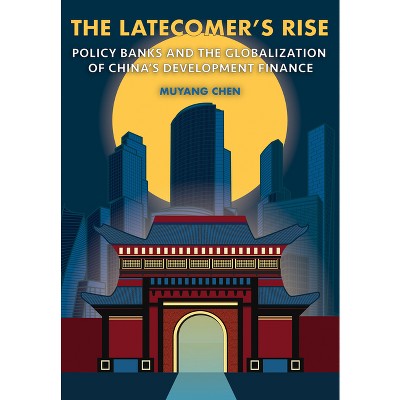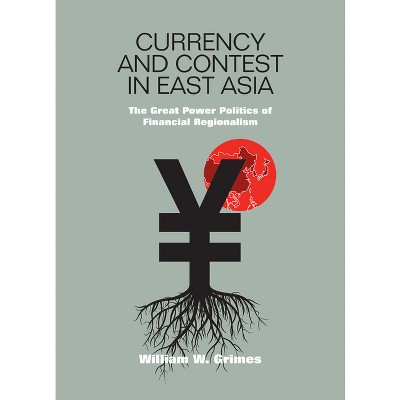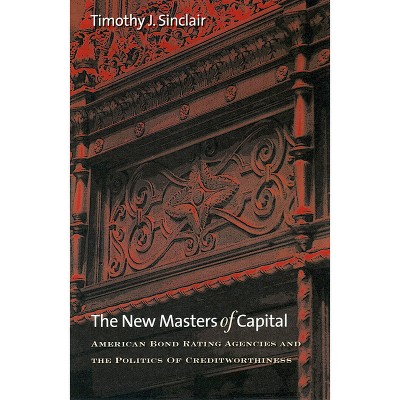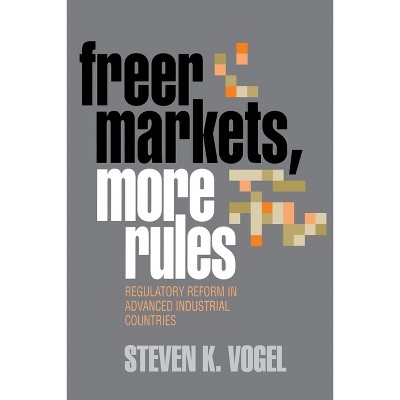Regulating Capital - (Cornell Studies in Money) by David Andrew Singer

About this item
Highlights
- Financial instability threatens the global economy.
- About the Author: David Andrew Singer is Associate Professor of Political Science at the Massachusetts Institute of Technology.
- 176 Pages
- Political Science, Public Policy
- Series Name: Cornell Studies in Money
Description
About the Book
Singer provides both a theory of the effects of domestic pressures on international regulation and a detailed analysis of regulators' attempts at international rulemaking in banking, securities, and insurance.
Book Synopsis
Financial instability threatens the global economy. The volatility of capital movements across national borders has led many observers to argue for a reformed "global financial architecture," a body of consistent rules and institutions to prevent financial crises. Yet regulators have a decidedly mixed record in their attempts to create global standards for the financial system. David Andrew Singer seeks to explain the varying pressures on regulatory agencies to negotiate internationally acceptable rules and suggests that the variation is largely traceable to the different domestic political pressures faced by regulators. In Regulating Capital, Singer provides both a theory of the effects of domestic pressures on international regulation and a detailed analysis of regulators' attempts at international rulemaking in banking, securities, and insurance. Singer addresses the complexities of global finance in an accessible style, and he does not turn away from the more dramatic aspects of globalization; he makes clear the international implications of bank failures and stock-market crashes, the rise of derivatives, and the catastrophic financial losses caused by Hurricane Katrina and the events of September 11.
Review Quotes
David Andrew Singer focuses on the financial regulatory process in major industrial countries; the tensions between regulatory prudence and international competitiveness; the constant possibility of a legislative intervention, especially after financial crises; and the efforts by national regulators to preserve their autonomy through, paradoxically, the international negotiation of common norms. He discusses well the attempts of major countries over the past two decades to frame common positions, which were partially successful in the case of banking, less so for the securities and insurance industries.
-- "Foreign Affairs"Singer offers a refreshing approach to the analysis of regulatory issues in international financial markets. Recommended.
-- "Choice"About the Author
David Andrew Singer is Associate Professor of Political Science at the Massachusetts Institute of Technology.
Shipping details
Return details
Trending Current Affairs & Politics





